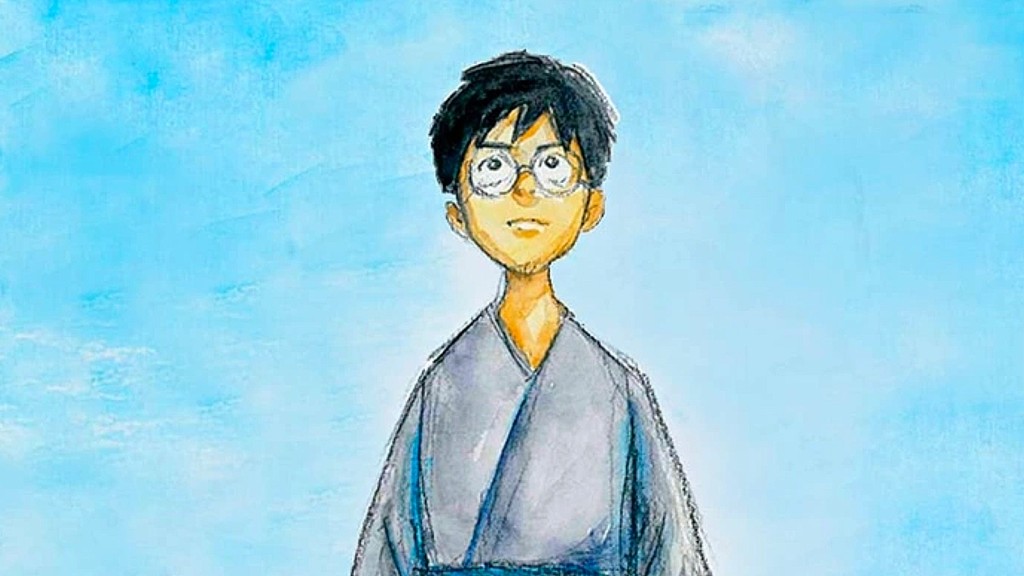I just finished a book titled How Do You Live?, written by Genzaburo Yoshino almost a century ago. It’s a heart-warming and humane story published in the midst of one of the ugliest, most brutal eras of Japan. The coming-of-age story of fifteen-year-old Copper and his friends and uncle was dedicated to a generation of youths struggling to grow out of and break free from the militaristic and authoritarian Japanese society of the time. This book delivers pure joy, consolation, and an opportunity for its readers to reflect on the true meanings of life. The question How Do You Live? refers to what young Copper ruminates on as he navigates his many curiosities about the world, his relationships with friends and schoolmates, and the wishes from his late father for Copper to grow into a good person. How you live according to Yoshino isn’t centered around any selfish needs for power or material wealth as modern society often informs us. It’s not even so much about status or having a heroic image in the name of pioneering a revolution or movement. After all, as the very first few reflections of young Copper in the book reveal, we are but tiny, tiny specks of dust that make up this vast universe. Humans are interconnected in a complex web of life, and even as the little particles of life, we shall learn to fulfill a decent role that seeks to lift rather than ruin humanity.
Although the book urges the questioning to oneself regarding how one is to live, I wonder what would happen if this were a social, interpersonal practice rather an intrapersonal one. What if we ask each other in our daily conversations: “So… how do you live?”. Will it be a gentle reminder that we ought to be good and kind even as just a small part of this world? Will it keep ourselves accountable to do good and live altruistically, rather than for our own selfish gains? Will it gear us towards the things that keep humanity afloat, which in fact have very little to do with what we are presently putting astronomical emphasis on? I get asked all the time what I do for a living and what my job is, but rarely do I encounter the question of how I live my life (honestly speaking though, getting asked this question by anyone would genuinely freak me out). It’s almost as if society is so fixated on just a few self-enhancing yardsticks that the only thing that matters to us in our daily interactions is how much we can one up one another and express a superior position to our peers.
Recently my parents confessed to me that a few of their acquaintances have been “sharing” updates about their children, all of whom are close to me in age, while “checking in” on my progress with work and career. My parents have been finding it hard to shake the discomfort coming from this malicious wish to brag and patronize, behind the innocent expression of pride. For a while now my parents and I have been discussing the implications of our culture’s need for social validation and for being a respectable and honorable member of the community. While Vietnamese culture has historically been rooted in homogeneity and a desire to fit in with the collective, we are also inclined to revere hard work and outstanding gifts and talents. Modern society has only made it worse by promoting a culture of narcissistic self-endorsement in shallow and meaningless pursuits of power, wealth, and status. All of a sudden, being a decent human being and a helpful part of the community isn’t nearly as important as “making it in life” (which often translates to: earning lots of money, acquiring prestigious or high ranking titles, securing the rights to boss around as many subordinates as possible, etc.) In the end, even my parents are victims of this mindset, which explains their utmost discomfort with the bragging from their acquaintances. And I cannot be hypocritical and act all holier-than-thou by saying I’m immune to the pressure to catch up with my peers either. We all get carried away by the currents of cultural values and subconsciously adapted to the constructed yardsticks of life success and prosperity.
This is why having the question “how do you live?” brought to my attention was such an impactful moment. I seriously wonder if this were to become a question we utter out loud to one another, in our most common and ordinary conversations, could we possibly turn the ship around and restore a different set of values in this world? If we would all ask “how do you live?” to one another as some sort of greetings or conversation openers, instead of ceaseless inquiries about jobs and incomes and whatnot, could we instill in our minds the same contemplations that Copper continuously harbors about becoming a good person? Could we finally replace wealth with morality, power with conscience, popularity with virtues? And could we just treat each other a little more kindly and as genuine friends, rather than as secret rivals whom we constantly need to feel threatened by? Maybe then life could be a little more pleasant, more harmonious, and less exhausting altogether, as how Yoshino would have imagined and wanted.

Leave a comment